By Peter Kross
In the predawn hours of June 6, 1944, the largest armada ever sent into war assaulted the coast of France at Normandy. A combined Allied force comprising more than 5,000 ships, 10,000 airplanes, and 200,000 men began the liberation of Europe, which culminated in the surrender of Germany almost one year later. Even as the Allied troops waded ashore against Fortress Europe, the high command of
the German military still believed that the invasion was a feint and that the real invasion would come at the Pas de Calais, almost 150 miles northeast of Normandy near the Straits of Dover.
What the Germans did not know was that for months the Allied high command had fashioned an elaborate deception operation to fool them into believing the invasion would take place at the Pas de Calais, not Normandy. One of the most valuable double agents the Allies had in their deception operation against the Germans was a Spaniard named Juan Pujol Garcia to whom the British assigned the code name Garbo. It is not a stretch of the imagination to say that if not for the inventive efforts of Garbo, the Battle of Normandy, and perhaps the outcome of the war, would have been in doubt.
Chicken Farmer To Double Agent
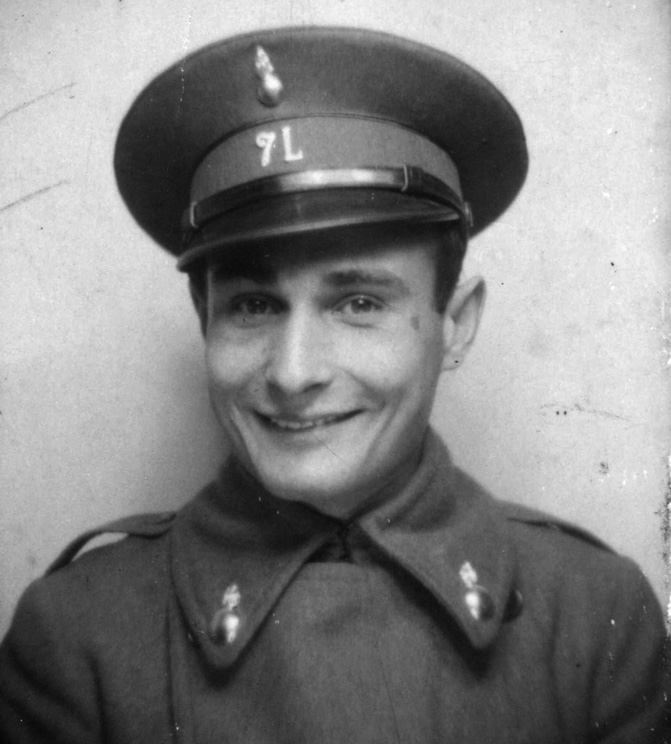
Juan Pujol Garcia was 30 years old when he began his career as a spy for the Allies. A chicken farmer who aspired to more lofty heights, he served a brief time in the Spanish Army in a cavalry regiment but found Army discipline not to his liking. When the Spanish Civil War started in 1936, he was called up for service but did not show up. Instead, he hid in the home of his girlfriend’s parents, was arrested, and escaped. He then got a job managing a poultry farm near the French border but soon left.
Garcia then joined the forces under Nationalist Francisco Franco, where he worked as a signal corps operator. His stay with Franco’s troops was short, as he deserted his post to cross into the Republican lines. He was put in jail, interrogated, and released after the war ended. He was sick of the Fascists and wanted to do his job as a patriot. The only way to do so was to offer his services to the British as a spy.
To do so, he enlisted the help of his wife, Aracelli. In January 1941, Aracelli approached the British embassy in Madrid, offering her husband’s services. Her offer was refused. In his memoirs, Garcia wrote, “I decided to prepare the ground more carefully before I approached them again.” His next move was to go to the German embassy in Madrid and offer his services as a spy in either Lisbon or England. He met with Gustav Leisner, chief of the Abwehr (the German military intelligence organization). Leisner told Garcia that he was not interested in having him work in Lisbon, but if he could make his way to England, then he might be interested in having Garcia work as a German agent.
After a few days of instruction in the techniques of spying, Garcia was told not to engage in any espionage work in England; instead, he was to recruit agents and was given an accommodation address in Spain where he should send his secret messages. On July 12, the Garcia family left for Lisbon and then for England, or so the Germans believed. For nine months Garbo lived in Lisbon and sent reports back to Germany. For a man who had never been to England before, Garbo did a fantastic job fooling the Abwehr into accepting his bogus information.
Garbo said that he had recruited five agents (all fictitious) for his network, dubbing them J-1 to J-5. He gave them false identities, such as a Portuguese man named Carvalo, a Swiss man named Gerbers, and an unnamed man from Venezuela. Another man “recruited” by Garbo was Fred, who came from Gibraltar. This came to be known in the spy business as creating notional agents, that is identities created to transmit fabricated information.
Since Garcia was not really in England, he had to devise a way to gather information that would be good enough to fool the Germans. He went to the Lisbon public library and studied the shipping schedules published in the newspapers. He also read a tourist map of England describing all the cities and towns, especially those on and near the British coast where any invasion of France would likely originate. Garbo said that he had recruited his agents while on various trips across England.
Garbo’s false data was so good that he received the following cable from the Abwehr: “Your activity and that of your information gave us a perfect idea of what is taking place over there; these reports, as you can imagine, have an incalculable value, and for that reason I beg of you to proceed with the greatest care so as not to endanger in these momentous times, either yourself or your organization.”
Joining up With MI6
By February 1942, MI6 (the British Secret Intelligence Service) had heard of Garbo even though he was not then an agent of theirs. They learned of Garbo’s work via Ultra, decrypts of German radio messages encoded on Enigma machines. The British were able via Ultra to read and decipher a huge amount of German intelligence as it emanated from Berlin and other listening posts. Ultra was the most valuable intelligence tool the Allies possessed in World War II, and it was vitally important in defeating the enemy.
In that same month, MI6 learned that the Germans were preparing to intercept a large British convoy leaving from Liverpool for Malta. The Germans sent considerable naval assets in search of the convoy. No matter how long they looked, they could not find the elusive ships. In fact, there was never a convoy sailing from Liverpool—it was all a fabrication made up by Garbo to fool the Germans.
To communicate with the Germans, Garbo wrote a great deal of correspondence in secret ink, sending more than 400 letters and later 2,000 wireless messages. For compensation, the Germans sent him 20,000 British pounds. In his letter, Garbo said that he had contacts inside the British Ministry of Information, as well as an agent in Canada. One of his agents, he said, was so high up in the chain of command that he spied on the activities of British Admiral of the Fleet Louis Mountbatten.
Garbo was nothing if not inventive. He cabled the Germans and told them that he was offered a job inside the Ministry of Information working for a man named Brenden Bracken, who was a friend of British Prime Minister Winston Churchill. The job at the ministry would give him ample opportunity to spy for the Germans and provide them with huge amounts of information. But, he told them, he had qualms about accepting the job because he would be betraying Germany. He was told in no uncertain terms to take on the assignment. From his new job, he sent back more false information.
Garcia was becoming frustrated with the British. His overtures to them about becoming a bona fide agent were met with resistance. On a trip to Madrid, Garbo contacted the British embassy and met with a consular official named David Thompson. He showed Thompson the materials given to him by the Germans, but Thompson was not impressed and asked him to leave. Garcia’s wife paid a visit to the American embassy in Lisbon and met with Assistant Naval Attaché Theodore Rousseau. She told him that she knew a person who was spying for the Germans and wanted to pass his information to him. She offered to sell the information for $20,000. She did, however, give Rousseau a copy of a microdot—information put on a letter no larger than a period—that Garcia was using. A meeting was set up between them and a member of MI6 in Lisbon.
The British now took interest in Garcia’s activities. MI6’s counterintelligence branch, called Section V, had been intercepting information between Madrid and Berlin, most of it false. They soon put all the pieces together and realized that the German agent, named Arabel, was sending out false information, and that man had to be Garcia.
After a bitter dispute between the various British intelligence services about what to do with Garcia, he was finally smuggled out of Lisbon via boat bound for Gibraltar. Once safely in Gibraltar, he was sent to England. He landed in Plymouth on April 24, 1942. At the docks, he was met by MI5 (British Security Service) officers Cyril Mills and Thomas Harris. He was debriefed by Harris and other members of British intelligence, and his story was cross-referenced against other intelligence that had come in. At that point, he was accepted as a double agent for the British.
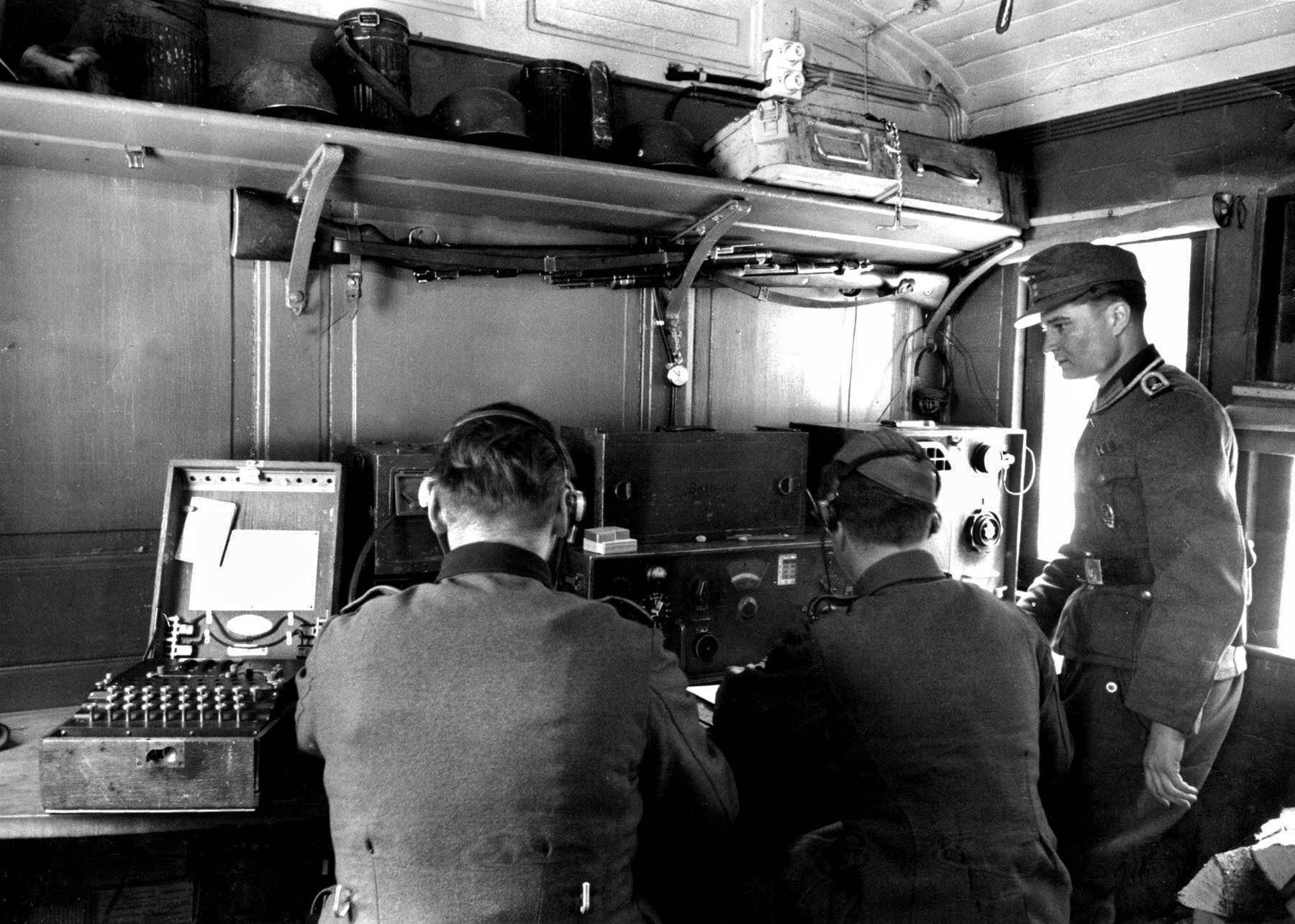
Garbo Joins Double Cross & The “Twenty Committee”
Garcia was now put in the Double Cross System, the most secret program the British had during World War II, which was responsible for counterespionage activities. The British had been able to read German military secrets from a variety of electronic sources, one of them Ultra.
Using Double Cross, the British were able to learn the identities of each covert German agent who landed on their soil. The German agents were arrested upon arrival and given the option to cooperate or be shot. Most of them chose the first. The group that ran the Double Cross System was called the Twenty Committee.
The man put in charge of the Double Cross/Twenty Committee was John Masterman. Masterman, formerly an Oxford professor, had spent four years in a German prison camp during World War I. The majority of the Twenty Committee’s work concentrated on deception operations leading up to the Normandy invasion. The deception phase of the plan was called Operation Fortitude, whose main purpose was to lull the Germans into thinking that the main attack would be at the Pas de Calais area, not Normandy. It was to this effort that Garcia would excel in fooling the Germans as to the real landing site of D-Day.
Under Thomas Harris’s direction, Garbo told the Germans that he was working in a freelance position for the BBC and for the Ministry of Information. He further informed them that he now had another source inside Spain’s Ministry of Information. He also invented another agent, whom he called Fred (agent 4), who was supposed to be a waiter from Gibraltar who worked in the Chislehurst Caves in London where an underground arms depot was located. He soon had 27 fake agents in his employ and told his Berlin contacts all that they were doing.
It took more than a week for Garcia’s letters to arrive in Lisbon and then to a mail drop in Madrid. This was too slow for the Germans, however, and in March 1943 Berlin gave him a wireless set on which he would send his messages. They also provided him with their most current ciphers and codes. Armed with his new tools, Garcia began transmitting his messages in this fashion. What the Germans did not know was that his messages were being written by Charles Haines, who was a British ham radio operator. The British were now able to record all of the vital secrets the Germans gave to Garbo.
In the early months of 1944, Allied planners were devoting all their time to the upcoming Allied invasion of France. It was at this critical juncture that Garbo would prove to be the best spy the British had. All of his previous work in deceiving the Germans would now come to fruition.
In January 1944, Garbo received a letter from his controllers in Germany telling him that the Abwehr had received word of a major Allied offensive against Europe. They told him to watch for unusual ship, air, or ground movements and to report such information to them immediately.
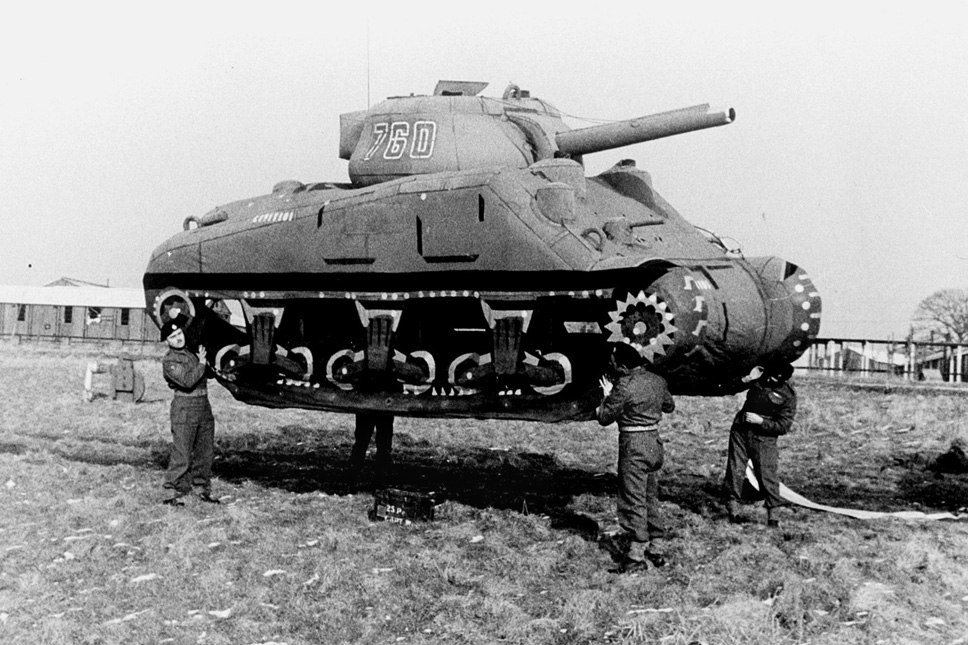
The D-Day Misinformation Campaign
What they were referring to was D-Day. Garbo’s most important disinformation operation began. Allied intelligence, on the eve of D-Day, came up with the so-called Reid Plan in which Garbo would report about the first phase of the invasion of Europe. His message was that airborne landings had already started, four hours before the seaborne landings took place. Thus, while the Germans could do nothing to frustrate the invasion, they would have no doubt about Garbo’s reliability in providing concrete information. He was further to report on points in England where the troops were embarking on their ships, as well as their ultimate destination.
On June 5, one day before the actual invasion, Garbo radioed Madrid asking that his secure channel be kept open for an important announcement. But German radio operators on the other end did not reply because the Madrid radio operators were off the air from 11:30 pm until 7 am the following day. By the time the Madrid radio operators came back on line, the invasion was already under way and the Germans did not move their tanks, which were inland from the Normandy coast, up to the beachhead to blunt the Allied landings.
On June 6, 1944, Garbo began sending a message that lasted 129 minutes. He reported that he had located the whereabouts of an Allied force called Army Group Patton in southeastern England. He further said that the Allied push on the Normandy beaches was a diversion and that the real invasion would take place at the Pas de Calais. In reality, Army Group Patton did not exist. The Germans took the bait, believing that the Normandy attack was just a diversion.
In response to Garbo’s warning, Hitler ordered the Fifteenth Army, composed of tank and infantry units, to be diverted from Normandy.
Before the Normandy landings, Garbo told the Germans of the existence of deep formations of planes, tanks, ships, and trucks along the ports of the English Channel. In reality, these were nothing more than fakes, constructed of plywood by Allied engineers. This army in waiting was photographed by German reconnaissance aircraft.
Garbo also radioed his controllers in Germany saying that three of his fictitious agents, Donny, Dick, and Dorick, had vital news for him. Garbo sent a message saying that the landings at Normandy were a “diversionary maneuver designed to draw off enemy reserves in order to make an attack at another place. In view of the continued air attacks on the concentration area mentioned, which is a strategically favorable position for this, it may very probably take place in the Pas de Calais, particularly since in such an attack the proximity of air bases will facilitate the operation by providing continued strong air support.”
By August 1944, German radio warned that Garbo’s cover was about to be blown. Fearing he would be compromised, Garbo went underground. All in all, the Germans paid Garbo and his phantom network almost $340,000. They even awarded him the Iron Cross. Ironically, Garbo was the best agent they ever had.
Garbo and the Double Cross System had completely fooled the Germans into believing the Allied attack on France would take place at the Pas de Calais instead of Normandy. It is not too much to say that if it were not for the herculean efforts of Garbo and the fictitious agents he created the success of D-Day would not have been possible.
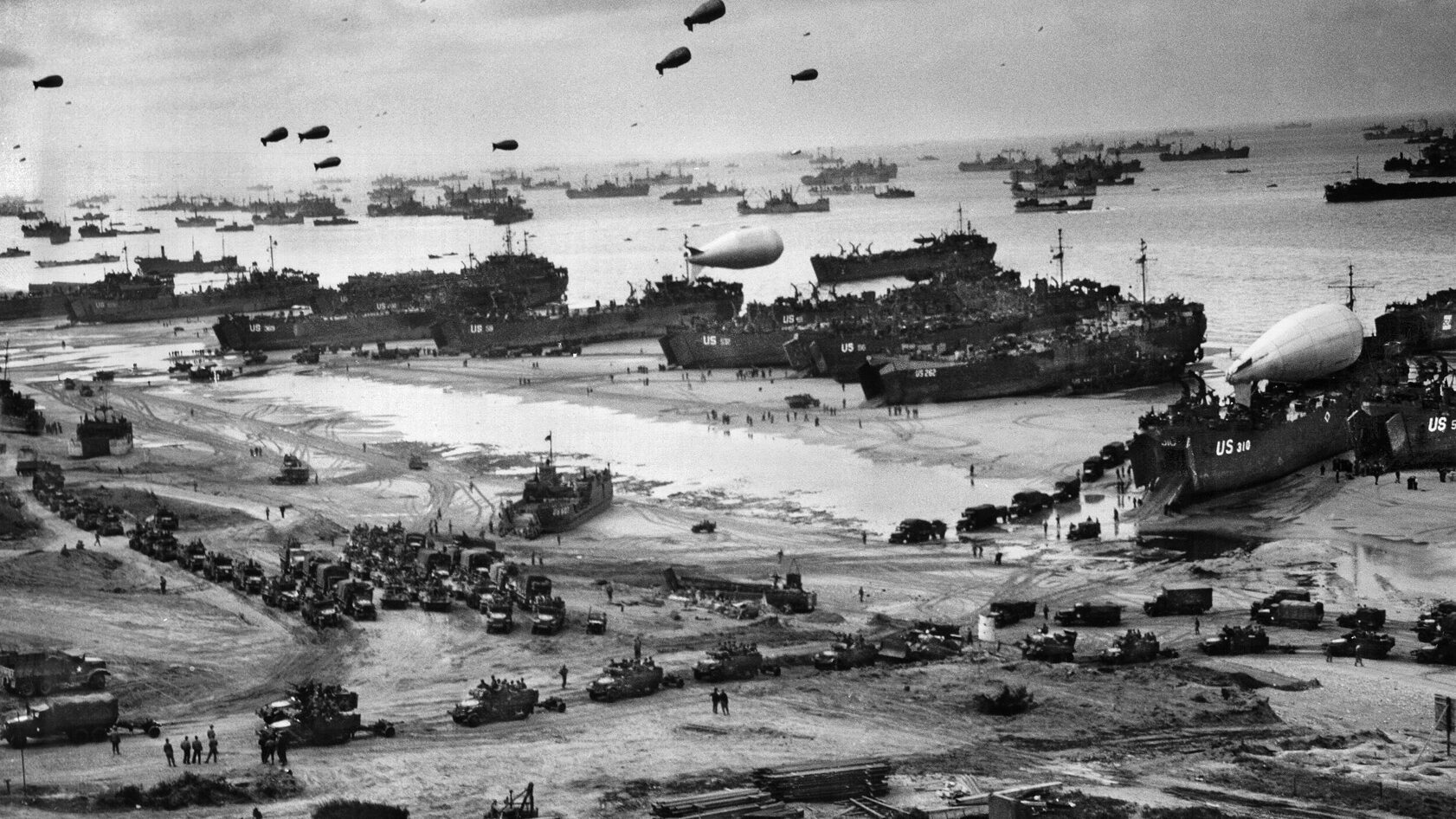
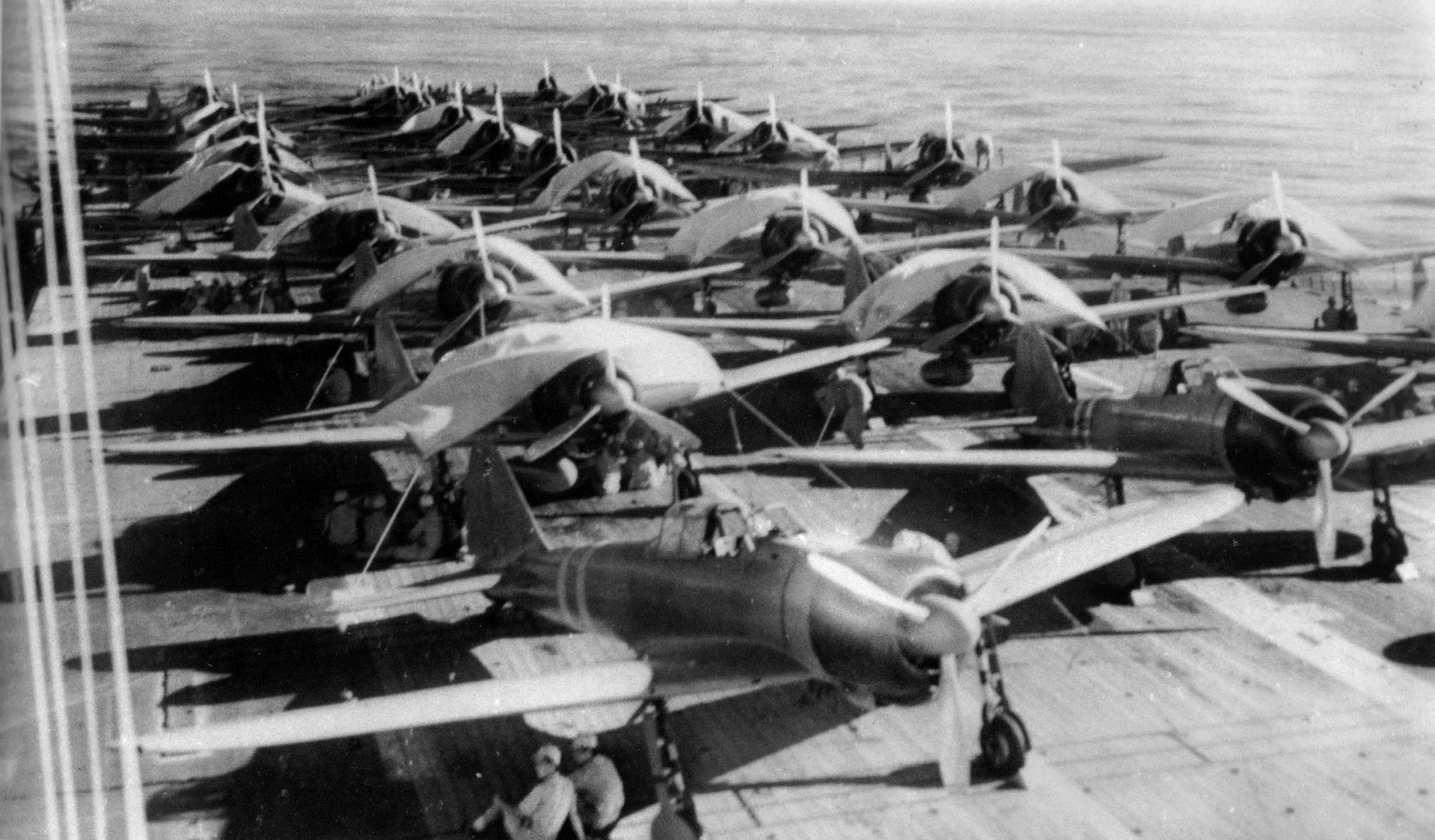
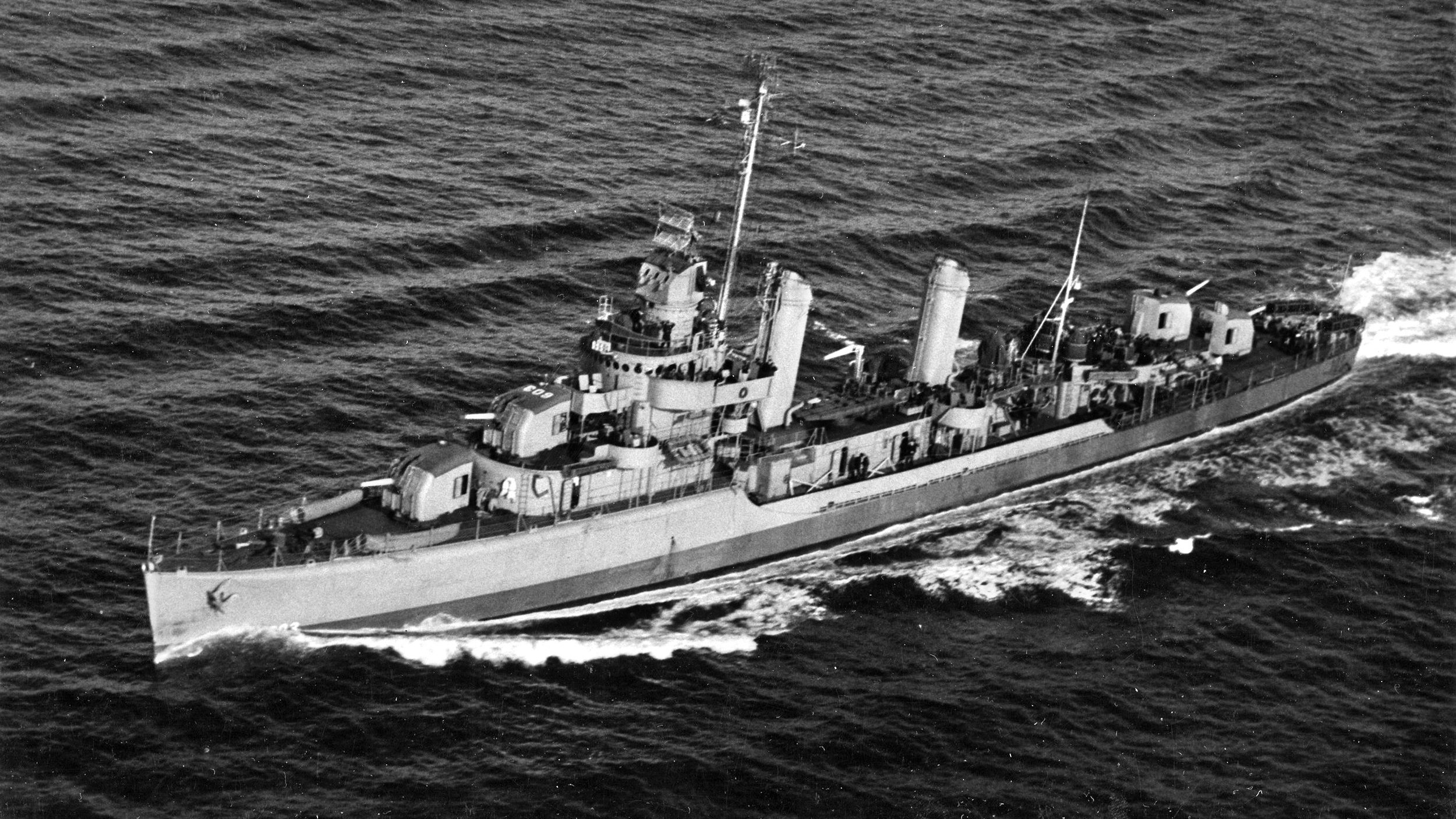
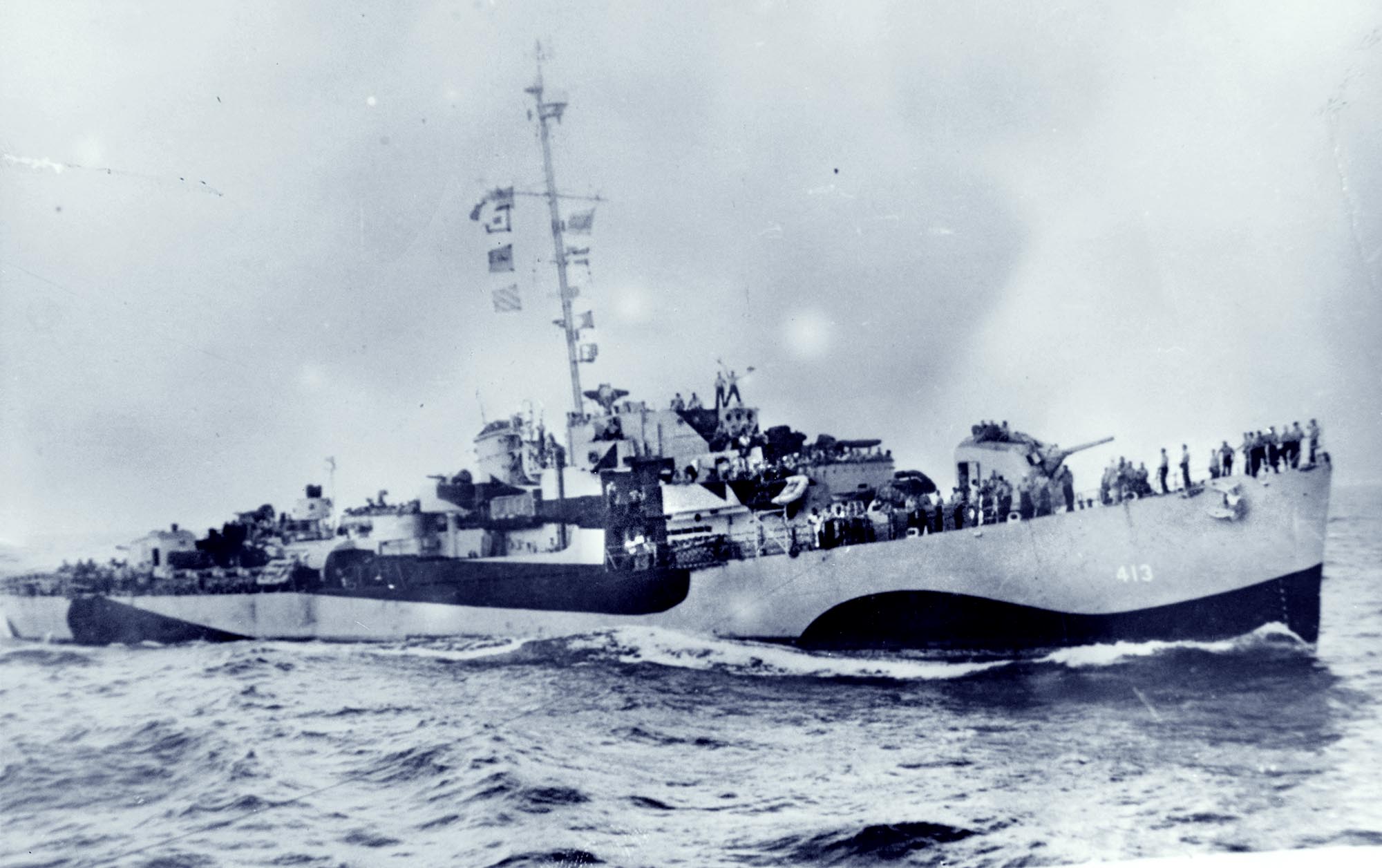
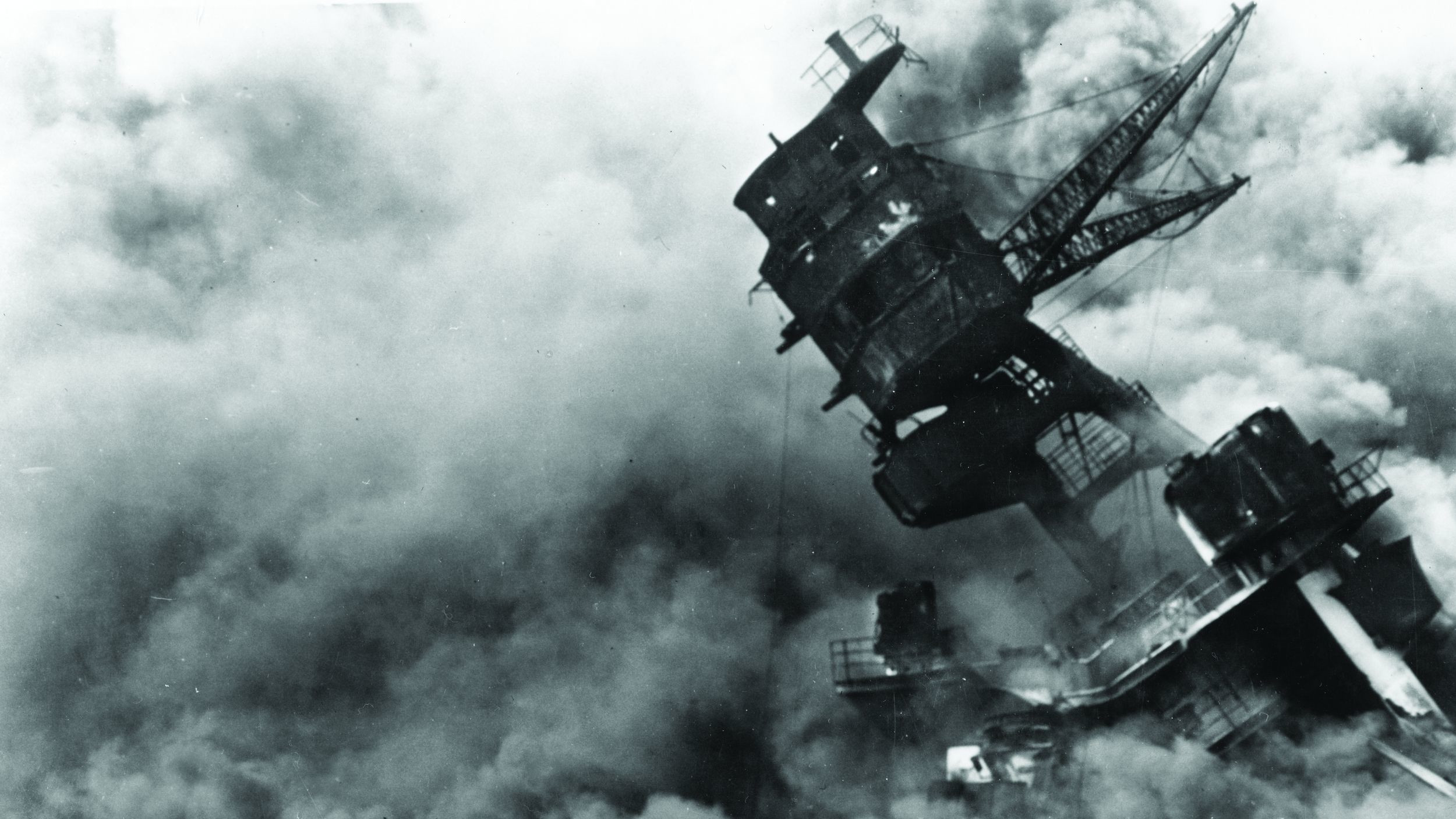
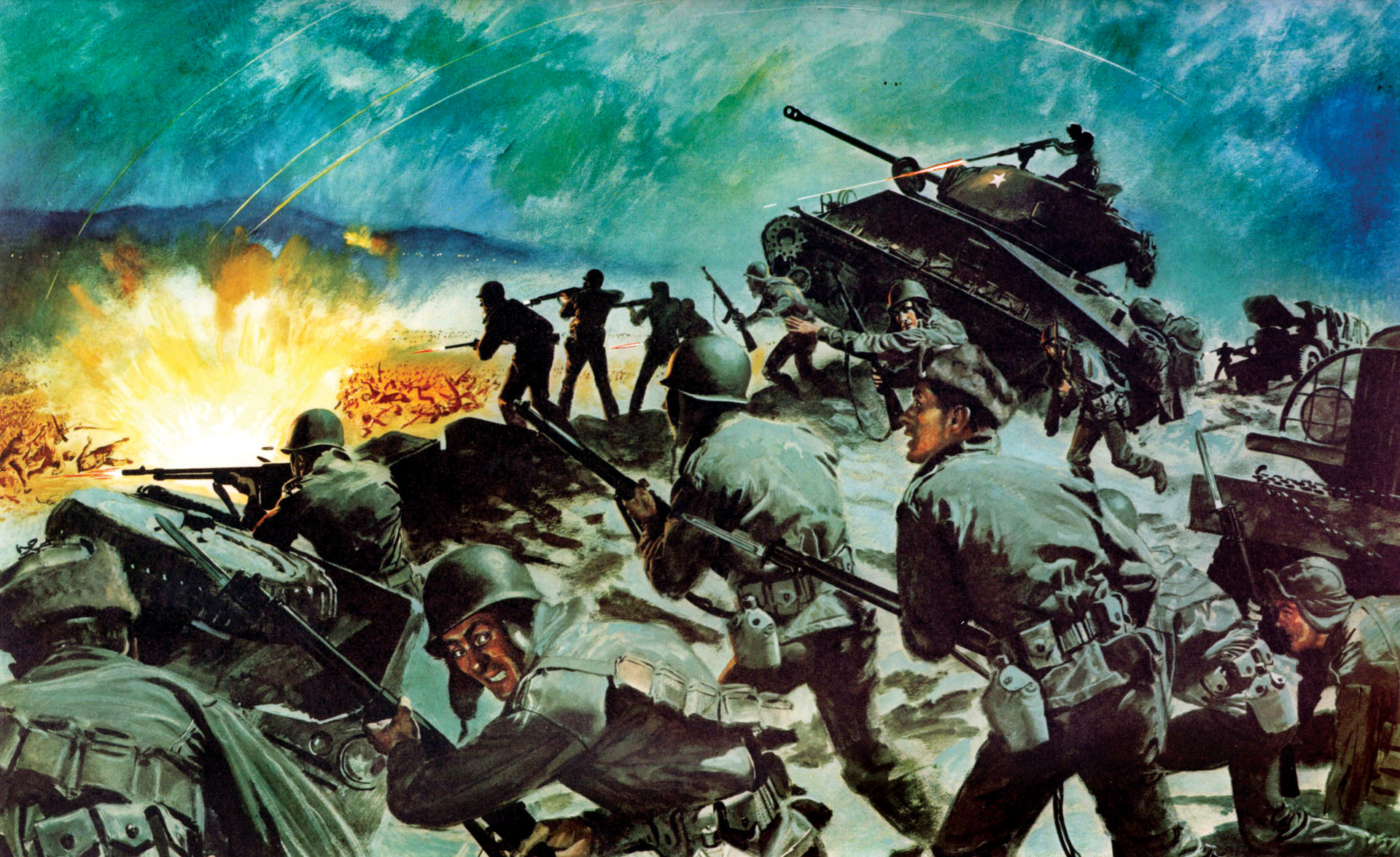
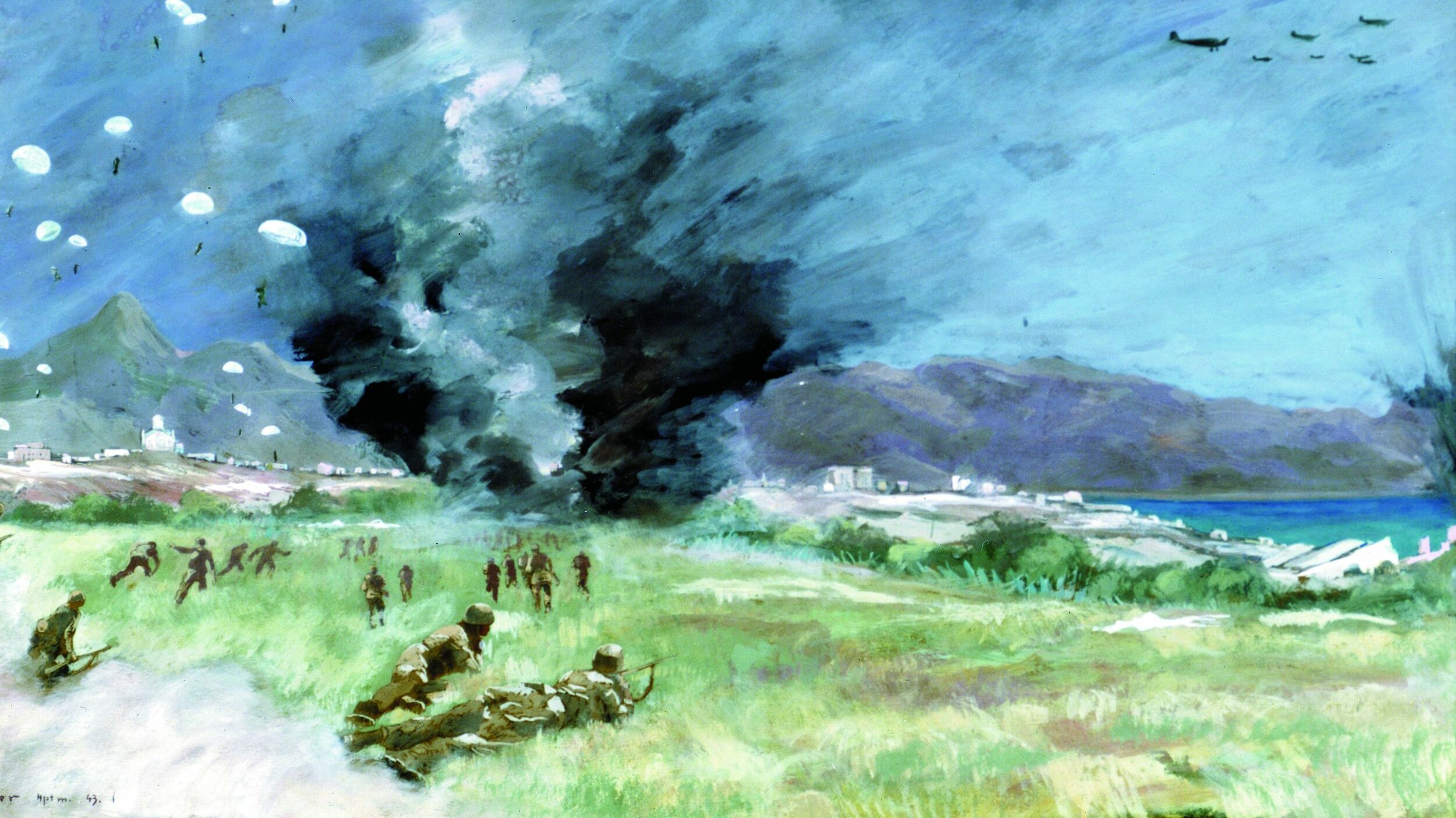
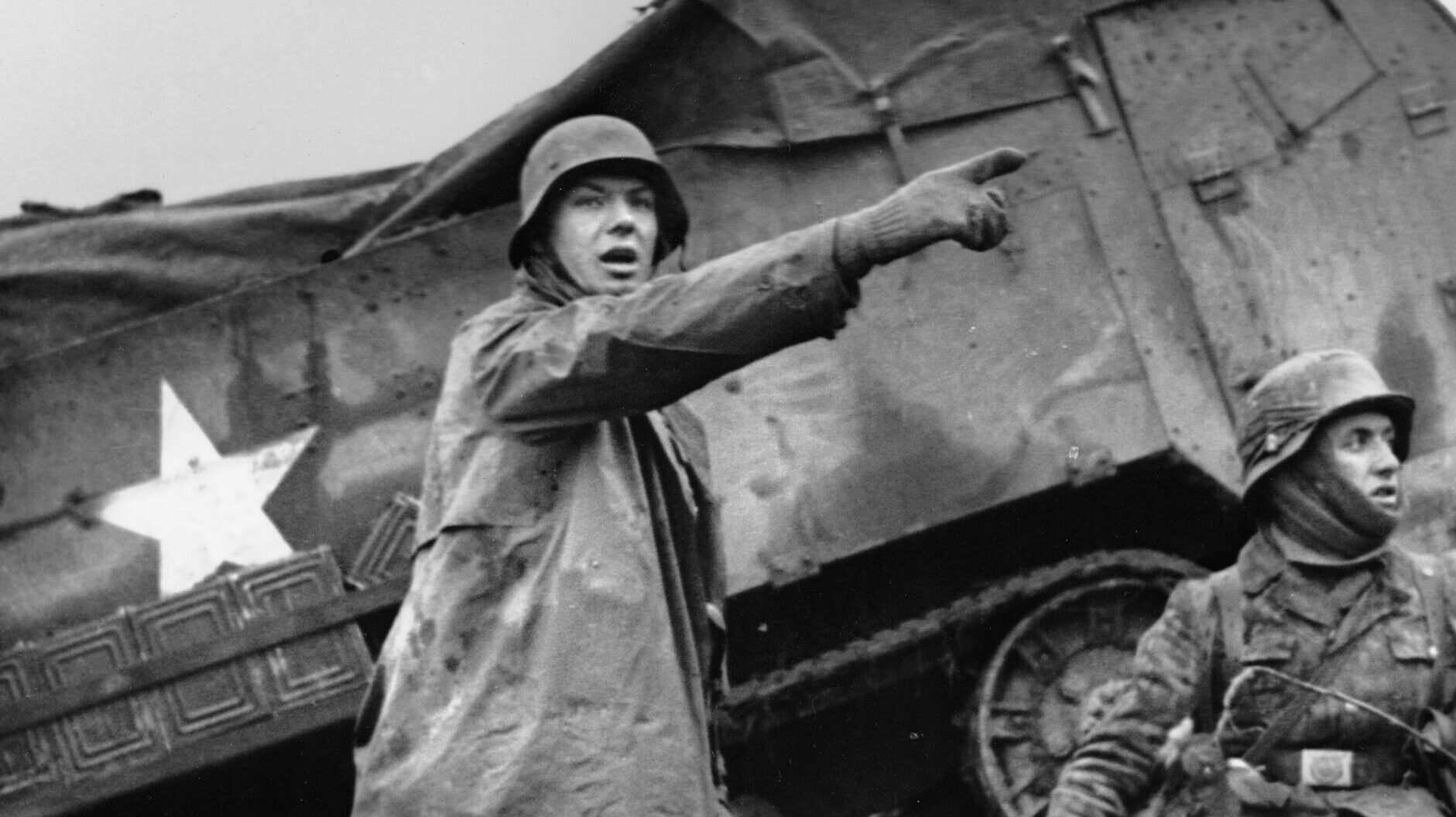
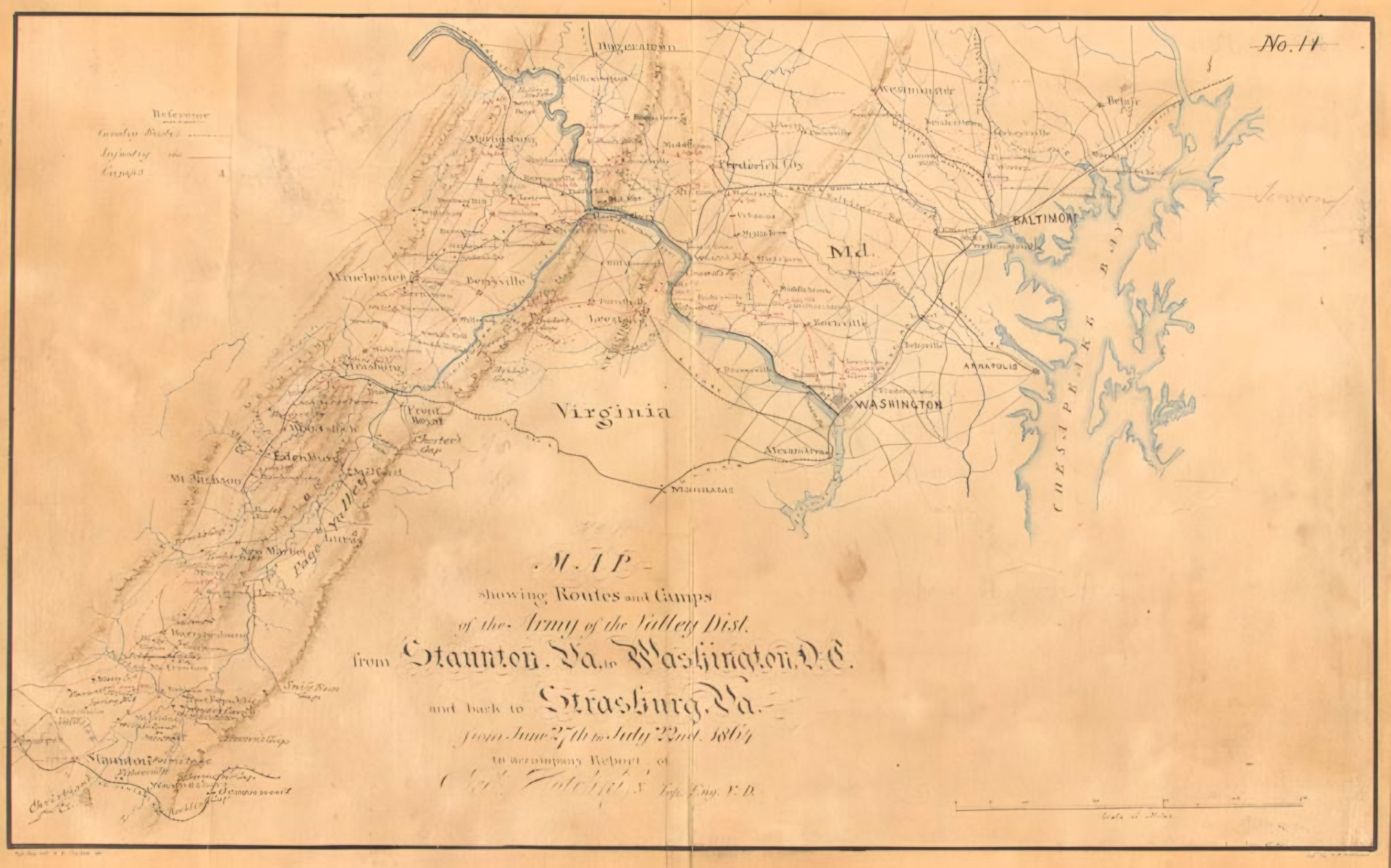
Not all of the German staff and field Generals were convinced that Pas de Calais was the intended landing beach. Rommel was ready to send his tanks to Normandy when the invasion was first spotted in an effort to drive the allies back into the sea but Hitler expressly forbade it. Needless to say, no one on the General Staff was going to argue the contrary with Hitler.
Wish this article had gone further. What became of Garbo? Did he survive the war?